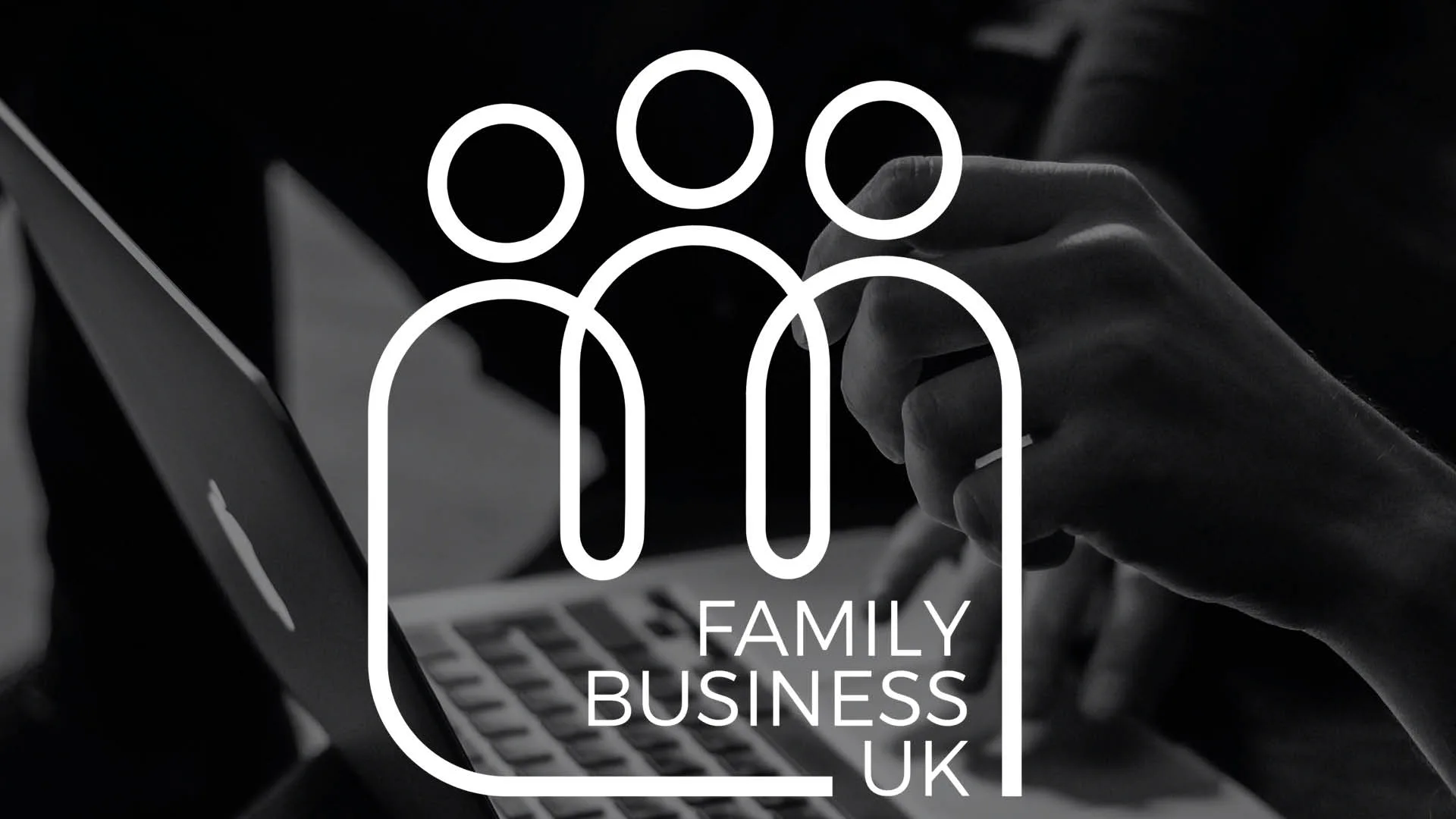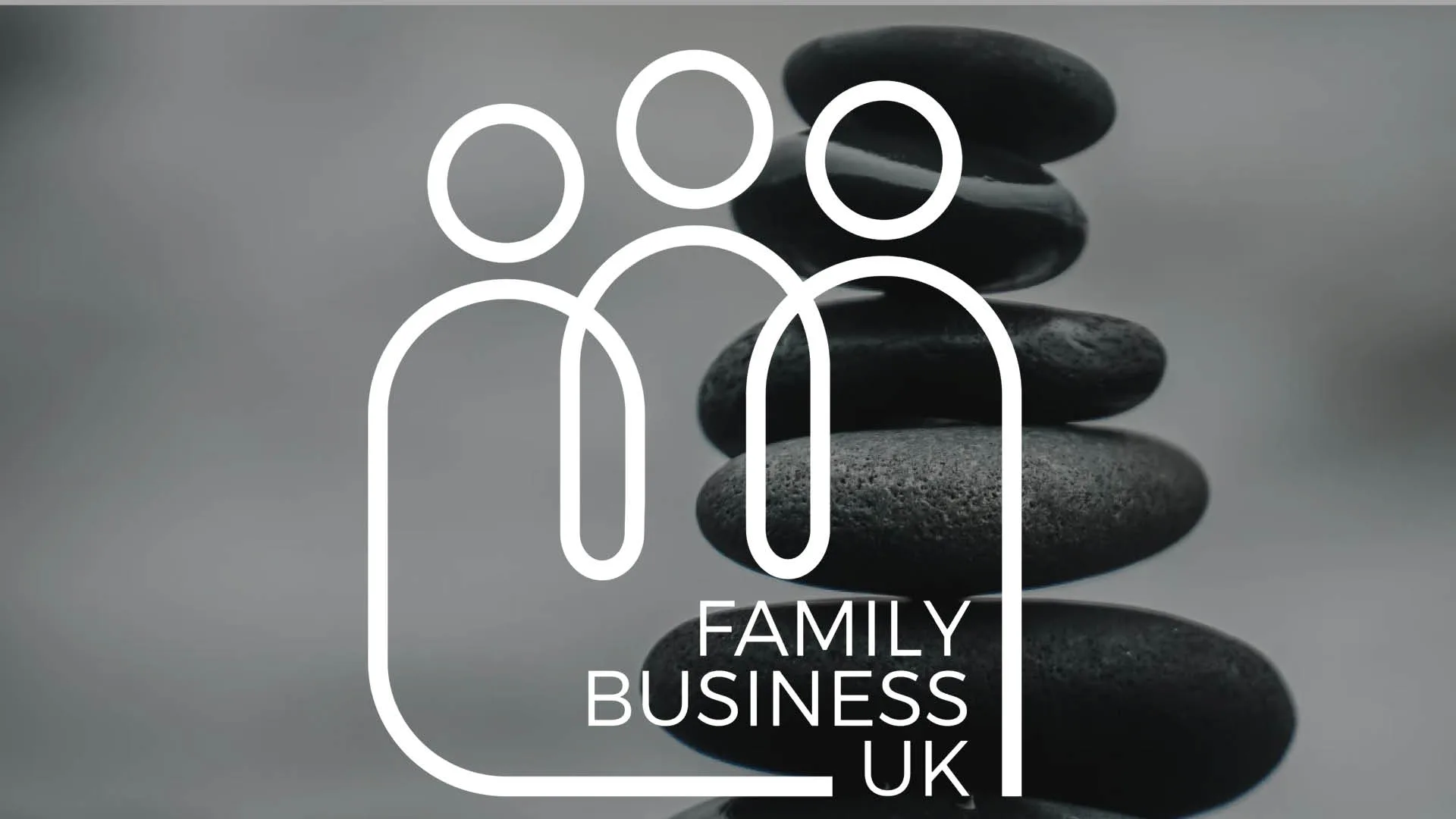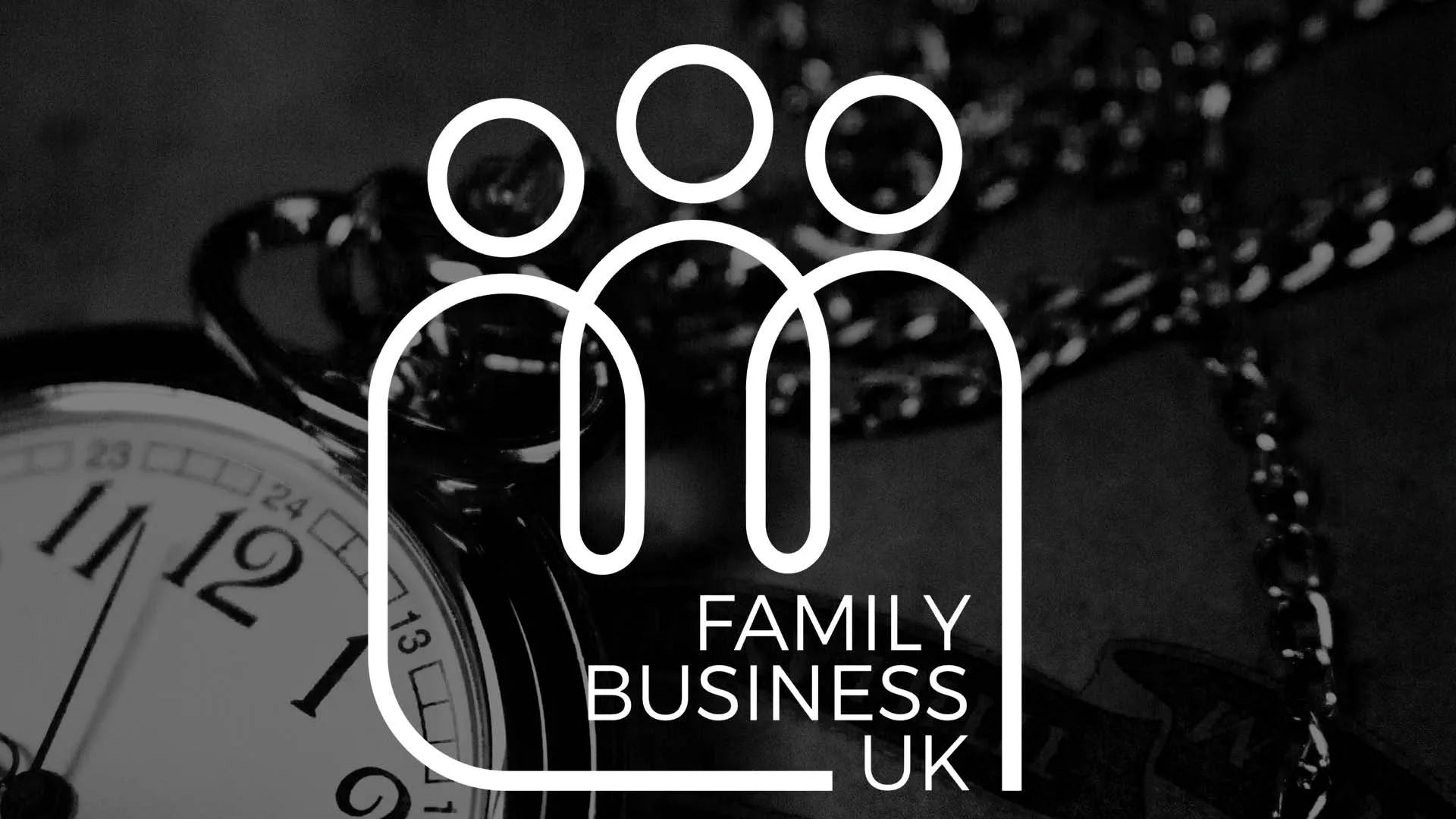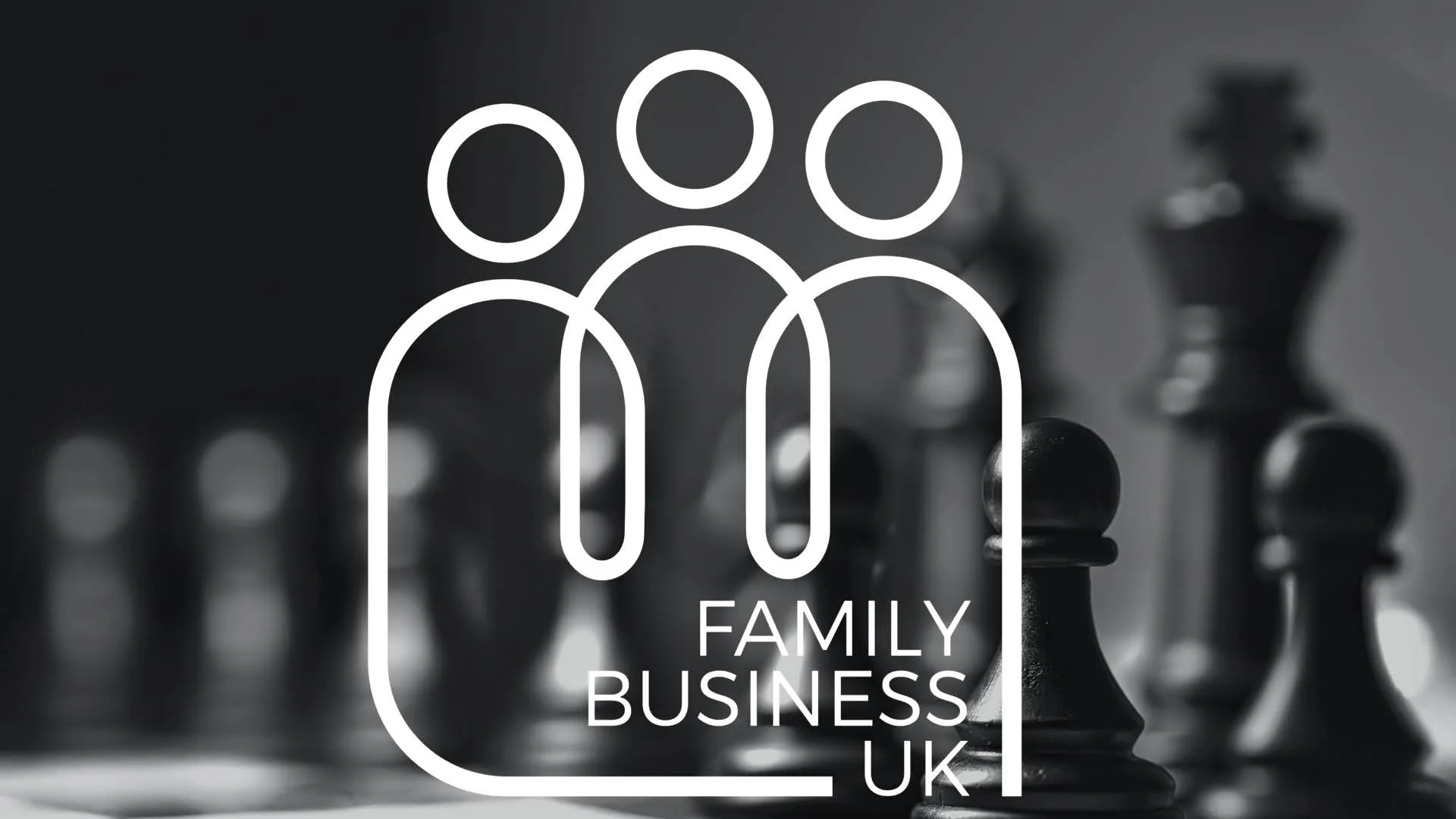In 2001, the landscape of English family law was transformed by the case of White v White 1 All ER 1. Prior to the case of White, upon divorce the financially weaker spouse (often the wife) was granted an award by reference to her reasonable needs. This allowed, for example, a married business owner (often the husband) to retain the family business and pay his soon to be ex-wife a lump sum referable to her needs, and not the value of the family business.
However in White, the Court made clear that the Court should not discriminate between economic and homemaking contributions. Or, as Lord Nicholls of Birkenhead put it: “if, in their different spheres, each [spouse] contributed equally to the family, then in principle it matters not which of them earned the money and built up the assets. There should be no bias in favour of the money earner and the child carer“.
The potential consequences of White on business owners was clear – if a business had been built up during a marriage, then the value of that business should be shared equally upon divorce. If one party does not have the capital to buy the other out of the business, then in a similar way to property, the business should be sold and the net proceeds divided between the parties. Shortly after White this line of thinking was emphasised by Coleridge J in N v N (Financial Provision: Sale of Company) [2001] 2 FLR:
“There is no doubt that had this case been heard before the White decision last year, the court would have strained to prevent a disruption of the husband’s business and professional activities except to the minimum extent necessary to meet the wife’s needs. However, I think it must now be taken that those old taboos against selling the goose that lays the golden egg have largely been laid to rest; some would say not before time. Nowadays the goose may well have to go to market for sale.”
Despite this clear judicial recommendation for businesses to be sold upon divorce, in the twenty two years since N v N, the writer cannot identify a single reported decision where a business has in fact been ordered to be sold forthwith upon a divorce. Indeed, even in N v N, the judge allowed the husband two years to raise a lump sum to pay his wife and therefore retain his business – which the husband duly raised and paid, thus avoiding the sale of the business.
What then is the English family court’s approach to a family business upon divorce?
Firstly, in the computational exercise, the Court must identify and value any relevant business interests. The initial disclosure exercise is therefore critical; spouses must expect to provide detailed financial information, firstly in their Form E, and then likely to an independent single joint expert appointed by the Court to value the relevant business (and therefore the spouse’s interest in that business).
There is often scope for arguments that the value of the business interest should be subject to a discount. This may be appropriate for a number of reasons, including: (a) minority shareholdings – a spouse may lack operational control of the business and therefore any purchaser of the interest would insist on a discount, and (b) illiquidity or risk – reflecting the difference between business assets and cash. These discounts can be applied by an expert when valuing a business, or at a later stage by the Court.
Once the value of the business has been established, there may be scope for arguments as to whether the interest is matrimonial (and therefore the value of which should be shared upon divorce) or non-matrimonial (and therefore not shared).
Taking three typical examples:
- Where one spouse holds an interest in a dynastic family business, which predates the marriage, and that spouse has a limited or nominal role (for example, because he or she is a child or grandchild of the founder), then this business interest is likely to be non-matrimonial. It will be ring-fenced and excluded when assessing a sharing claim.
- Where one spouse holds an interest in an established business, which they founded prior to the marriage, then this interest is likely to be hybrid. The Court will attempt to establish which portion of the value of the business is non-matrimonial (either because the value was produced prior to the marriage, or following separation) and which is matrimonial (developed during the marriage). Any matrimonial value will be shared.
- Where a husband and wife found a business together, it will generally be considered wholly matrimonial, and therefore suitable for sharing in its entirety.
It is important to note that whilst non-matrimonial business interests are excluded from the sharing principle, they can be applied to meet a spouse’s needs. The interplay between sharing and needs lies outside the scope of this article.
How can I protect my business?
Business owners should implement some basic steps to protect their business in the event that they, or members of their family working in or owning their business, go through a divorce. This planning should start with prenuptial agreements for all family members, seeking to carve the business out of any divorce to the fullest extent possible (contrary to popular belief, prenuptial agreements are generally upheld by the Courts in England, provided they are fair).
If you are already married, then consider a postnuptial agreement, which can achieve the same goal. These postnuptial agreements can be diplomatically approached at important points for the business (for example, liquidity events, expansion, share buybacks, etc). Regularly document the value of your business, in case you later need to prove some historic value.
In the business, draw and maintain a clear line between family members who are active in the business (and therefore have an interest), and those that are not active in the business. Whilst it may make short term economic sense to have a non-active spouse “on the payroll”, that sort of mingling can present difficulties upon a divorce. The articles of association and shareholders agreement can also be amended to contain helpful language about the nature of the business and the expectations if a shareholder gets divorced.
What are the possible outcomes upon divorce?
The Court does have the power to order the sale of a business (section 24A, MCA 1973). However, during the years since White, the Courts have continued to be reluctant to take the goose that lays the golden eggs to market. Instead, Courts have tended to order that one spouse retain the business, with the other being compensated for their loss with some combination of lump sums, maintenance, or other assets (for example, properties). This is sometimes backed by a deferred order for sale of the business, to incentivise the spouse retaining the business to pay on time. In other words, one spouse will retain the goose that lays the golden eggs, and the other spouse will receive sufficient golden eggs to compensate for the goose. Alternatively, shares in a business can be shared in specie to cut through arguments about valuation – but this is likely to be appropriate only where those shares do not amount to a material stake in a company (this scenario does not lend itself well to the goose analogy).
Often it is possible to be flexible and creative with a successful family business. For example, the spouse retaining the business (often the husband) can raise money to pay the departing spouse (often the wife) by borrowing against the business, or raising external investment, or raising money internally. Over time, these financial stresses can be managed so that both spouses depart their marriage with their needs met and the rewards shared. Thus, fairness to both parties, as established in White, can be satisfied without needing to sell the family business. That is good news for both those who own the goose, and indeed those that enjoy their golden eggs.






